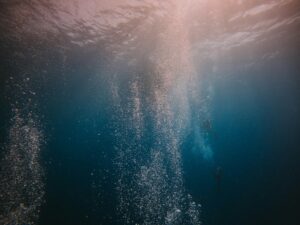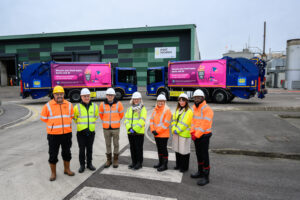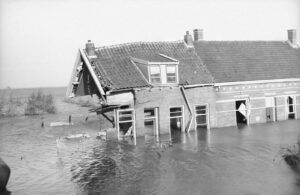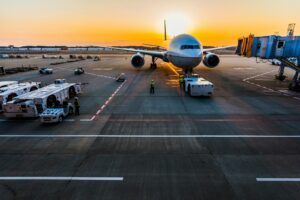Indonesia commits to tackling plastic pollution in rivers
A new agreement has been formed between Indonesia, the Netherlands and international non-profit The Ocean Cleanup to combat plastic in rivers.
The joint declaration is aimed at expanding river cleanup activities in Indonesia, as the country aims to reduce marine plastic debris by 70% by 2025.
Currently, Indonesia generates 7.8 million tons of plastic waste annually, with rivers carrying and discharging 83% which filter in from land-based sources.
The country has also been the site of plastic waste dumping, as Australia, Europe and North America have exported their waste to the Southeast Asian nation. In 2018, imports of plastic waste reached 320,000 tons.

‘Marine plastic debris is our common enemy. Polluted rivers are a source of plastic debris leakage into the ocean. We require extraordinary and integrated solutions to responsibly manage the waste in the river and in the ocean,’ stated Minister Luhut, Coordinating Minister for Maritime Affairs and Investment of Indonesia.
The Ocean Cleanup uses technological solutions to intercept plastic waste, such as the Interceptor Barrier which is a floating, U-shaped barrier that collects rubbish and filters it through until it is removed from the water.
Among it’s other technology, such as a conveyor belt that picks up rubbish, the Ocean Cleanup is trialing the Interceptor Trashfence in Guatemala, which is anchored to river abnks and beds, and is designed for highly polluted and hard-to-reach locations.
The organisation is planning to seek support from national, regional and local governments, as well the private sector and potential funders in achieving Indonesia’s aims.
‘This recognition by both the Indonesian and the Dutch government of our work is essential for us,’ said Boyan Slat, Founder and CEO of The Ocean Cleanup. ‘There are several dozen target rivers in Indonesia where we would aim to deploy Interceptors, and this endorsement provides essential backing to our initiatives.’
Photo by Florian GIORGIO















